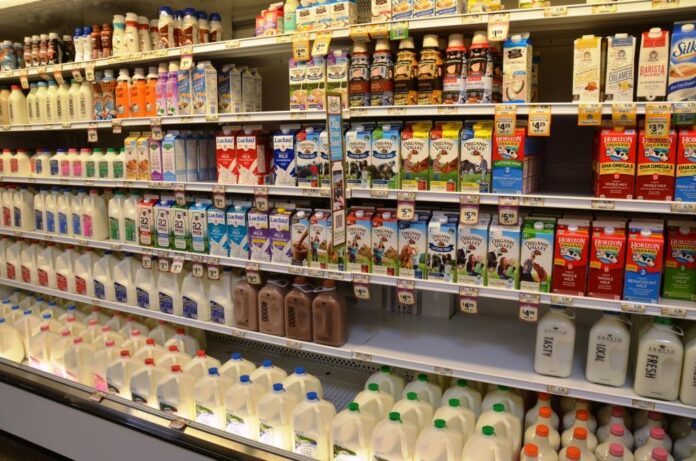As proof of the saying “Elections have consequences,” Virginia’s current 1.5% tax on groceries and personal hygiene products will end on January 1, 2023.
While running for office in 2021, then-candidate Glenn Youngkin (R) made the abolishment of this tax one of his campaign promises. During the 2022 General Assembly last winter, the initiative passed through both houses of the state Senate and House of Delegates with bipartisan support. Del. Joe McNamara (R-Salem, Roanoke) has been spearheading this tax cut for several years but now it is coming to fruition.
Such a tax has been a long-term fixture in the Old Dominion. However, over time, many people have come to see the grocery tax as both unfair and as a social justice issue. Since a grocery tax applies the same to all consumers regardless of income, and since everyone has to eat, it is a regressive tax. That is, this burden falls harder on Virginians with fixed incomes than on wealthier residents. Already five states have no grocery tax, including Democrat Oregon and Republican Alaska.
Governor Youngkin and most GOP members of the General Assembly sought to abolish all 2.5% of the tax. However, due to opposition from some Democrats and local officials who feared losing revenue to support their schools or first responders, etc., cities and counties are allowed to levy a 1% tax if their officials choose to.
In addition to the statewide 1.5% tax ending for groceries, the break also applies to personal hygiene products. This includes “nondurable incontinence products” such as diapers, bed liners, etc.
The tax cut is seen as an opportunity to help consumers who are struggling with the highest inflation rates since the 1970s.
The Governor, House of Delegates, and State Senate Republicans sought to make the tax cut effective on July 1, 2022. However, as explained here, the determined opposition of the 21 Democrats in the State Senate delayed implementation until January 1, 2023.
You can read the full budget amendment here.
–Scott Dreyer

